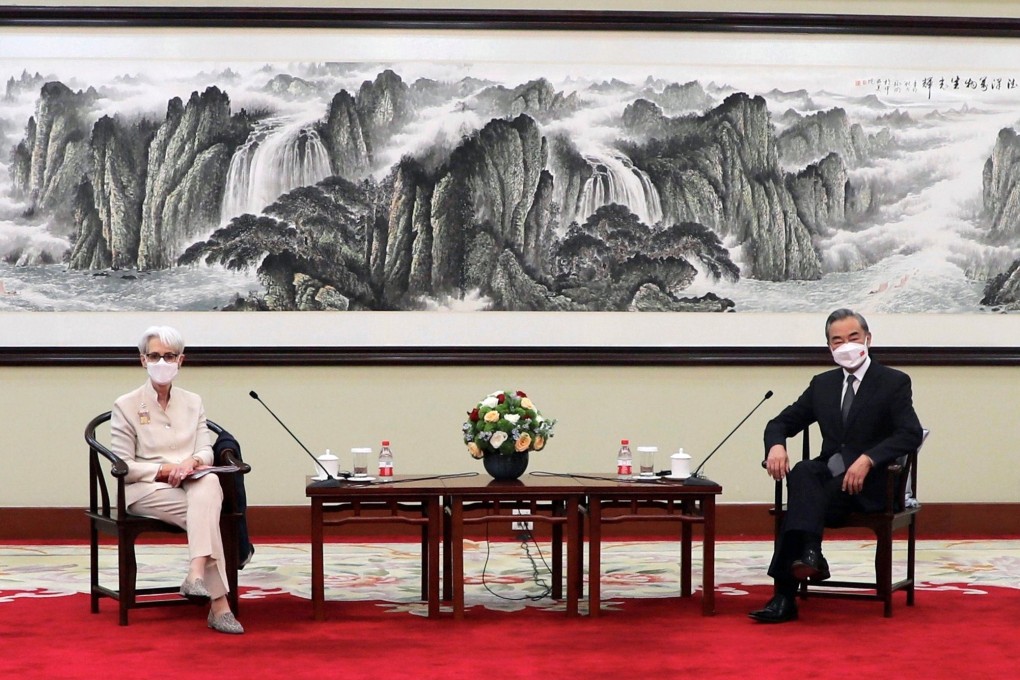Advertisement
Opinion | US-China relations: is Beijing ready to compete with Washington’s new pivot to Asia?
- Biden’s approach to the Indo-Pacific appears less conciliatory towards China than the initial ‘pivot’, instead focusing on reducing tensions with Russia
- China seems to be raising the ante, maintaining close diplomatic and military ties with Russia while ramping up defence spending in preparation for potential conflict
3-MIN READ3-MIN
26

When then-US president Barack Obama launched his “pivot to Asia” in 2011, little did he know it would see its de facto rekindling 10 years later under his Democratic successor Joe Biden.
America’s turn towards Asia under Obama was positive at first, but in the long run it saw ups and downs as Donald Trump rolled back several major initiatives. Biden has effectively reprioritised the region in the US foreign policy agenda, with a de facto “pivot to Asia 2.0”.
The Biden administration has emphasised the Indo-Pacific in its long-term policy planning. In June, the Pentagon’s China task force presented its recommendations, focusing on long-term rivalry with China in the Indo-Pacific.
Advertisement
Economically, the United States is deliberating on a digital trade agreement encompassing Indo-Pacific economies. This is believed to be a precursor to the US joining the Comprehensive and Progressive Agreement for Trans-Pacific Partnership – the successor to the Trans-Pacific Partnership that Trump abandoned.
Washington’s shift was exemplified by the appointment of Kurt Campbell as the White House’s Indo-Pacific policy director, a newly established post within the administration which signifies the region’s priority.
There has been a steady clamour in the past year over various military initiatives aimed at raising the US’ influence in Asia, the latest being a permanent naval task force aimed at countering China in the Pacific. Other initiatives include redirecting resources from the Middle East to the Indo-Pacific, patching frayed alliance networks, spending billions to upgrade military hardware and streamlining tactical and operational approaches.
Advertisement
Select Voice
Select Speed
1.00x

